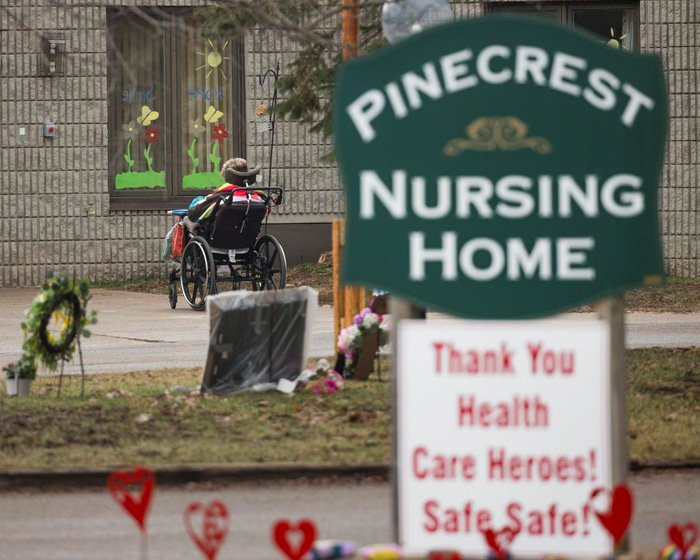Rethinking Lifestyle
How Much Do We Pay Essential Workers

Readers of this blog may remember what we wrote about garbage jobs about a year ago. This concept becomes relevant as the pandemic exposes the work and job realities of our society – what is essential work and how do we treat our “essential” workers.
The term garbage jobs has been coined by America anthropologist David Graeber. These are jobs that don’t contribute to our well being, nevertheless, people doing these jobs are well paid by our economic system. Graeber points to “leadership consultants, brand managers, marketing researchers, corporate lawyers, lobbyists, strategic deans or vice presidents for creative development (let alone their endless legions of administrative assistants).” I’m sure we could all add others.
The fact that these jobs exist and that we reward them well, comes to mind as we hear of the tragedy in long term care facilities in Quebec and Ontario. We hear that these facilities are underfunded and staff there, particularly the health care attendants, are paid so little that they need to find work at several institutions. The work these folks are doing is not what Graeber calls “garbage jobs”. He reserves that term for those collecting our garbage and cleaning the long term care facilities. But these folks, all of them, are our essential workers. If they don’t come to work, things fall apart. But they are also at the bottom end of our pay scale.
In this very same society, the same economic system, are executives and other people who have easily been able to shift their work to home, whose absence from the office has made no difference at all. Joining these have been celebrity athletes and entertainers. These folks, who are not essential workers, are at the top end of our pay scale.
It is our economic system that distributes goods and services. That’s what economies do. The economy transfers goods from those who produce to those who consume or need them. The economic system rewards those who give and takes from those who want. Our economic system today is dominated by neo-liberalism, the ideology that says the market, unrestricted, is the best way of distributing our goods and services. It rewards the efficient and penalizes the inefficient.
What the pandemic is exposing is that the current economic system is in fact not distributing things well at all. Obviously there is something wrong when the workers we deem to be essential to the dignified living of those in our our long term care facilities are paid poverty wages while company executives make millions.
Do a thought exercise with me. Assume you had the power to set wages for all the people in our economy – the cleaners in the long term care facilities, the nurses in those very same facilities, the CEO of that facility, and then shift over to executives in the oil and gas industry or traders on Bay Street and Wall Street. In a just society, how much should each of them earn? Is this anywhere close to what is currently the case?
So what do we do about it? I don’t know. The former Soviet Union did away with the free market and distributed wealth according to plan. We know enough about how that went to know that we don’t want to go there.
But is the status quo really the best we can do? I think with a will we can do better. But we need to commit ourselves to searching for that better way.




